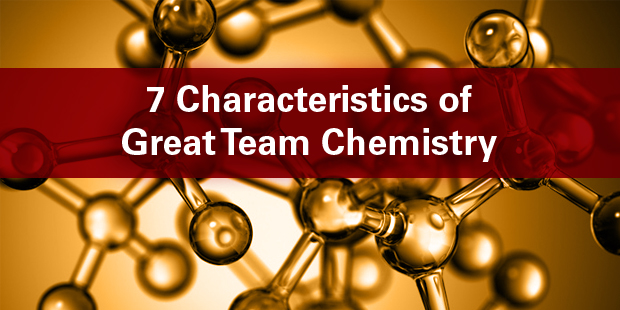
7 Characteristics of Great Team Chemistry
Port City Community Church (PC3) in Wilmington, NC is a cool church. The founding and senior pastor is @MikeAshcraft — a great guy with a strong Kingdom vision for the future. They are a multisite church with 4 locations.
Recently I had the privilege to speak to their entire staff of about 75 people. What an awesome day we had as we tackled the topic of leadership development!
They have a fantastic staff, and while I was with them, it struck me that some teams are more likely to become better leaders than others. This was one of those teams.
We had the whole day together that included teaching, Q&A, and a huddle with their ministry directors. There was plenty of opportunity to get to know the team, including some lunch conversations with Trolley Stop Hot Dogs! They even had a veggie dog option for this SoCal boy! That’s hospitality!
Let me share the characteristics I observed and experienced that make me believe they are more likely to become better leaders than some other teams.
I encourage you to evaluate your team with this list:
They were hungry to learn and grow.
Teams who are more likely to become better leaders are willing to pay the price. They carve out the time from busy schedules and invest in their teams like PC3 did over the course of two days. It was obvious they were hungry to learn. They asked insightful questions at every break, and never stopped taking notes! They wanted to be there!
They want to develop and empower others.
Teams who are more likely to become better leaders than others know the value of selecting and including volunteer leaders, in order to develop and empower them for significant leadership roles. This requires intentionality and specific skills as well as strong and secure leaders who are willing to hand over the keys. Just one example, Dudley Raye, a new staff member (Host Team Volunteer Co) has some 600 volunteers and was fired up to develop leaders!
Their collective attitude was positive and full of faith.
You know a team is more likely to grow as leaders if they have a positive attitude and are full of faith. It’s part of the culture, and so true at PC3. You could feel the energy in the air and sense a spirit of anticipation that God was up to something big in and through their church.
How about your church? What vibe is in the air among your team? Gratitude is an overflow of a positive spirit and faith; and it showed at PC3.
They valued and enjoyed each other.
I’ve been with staff teams that didn’t get along very well, and behaved like they were in a library, not so at PC3. They knew how to have fun, laughed easy and enjoyed the process. That is key for any team who wants to grow. Ministry isn’t easy and you work hard so it’s important that you find joy in your calling and love the people you serve with. That creates an environment that enhances personal growth. Toxic environments stunt growth and make becoming a better leader difficult.
They are willing to work hard on their craft.
It’s fun to play, but that’s not how you grow. Teams get better because they are willing to work hard and practice leadership. Practicing leadership means that you work on things that you can’t do, until you can. It’s the opposite of the more common scenario where leaders do the same things, with the same people, in the same ways, over and over again. Keep up the good work PC3!
They understand the need to blend the spiritual and natural realms.
As I listened to Mike Ashcraft share the vision for the church my heart resonated with the obvious spiritual passion and yet grounded connection to earthly realities. Leaders on teams who become better leaders know how to navigate the grand partnership between what God does and what we as leaders do! Pray like it’s up to God and work like it’s up to you!
They have demonstrated competence.
You don’t grow a church to over 5,000 people on 4 campuses if you don’t know what you’re doing. It’s always fun to spend a day with a team of competent leaders; yet leaders who all realize they still need to grow.
As you think about your staff team and key volunteer leaders, whether your church attendance is 50, 500 or 5,000; what are you really good at and where do you need to improve?

Tags: Dan Reiland, Staff Characteristics, Team, team chemistry












